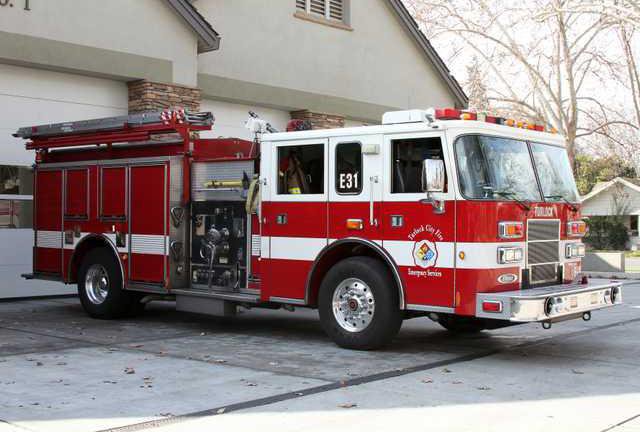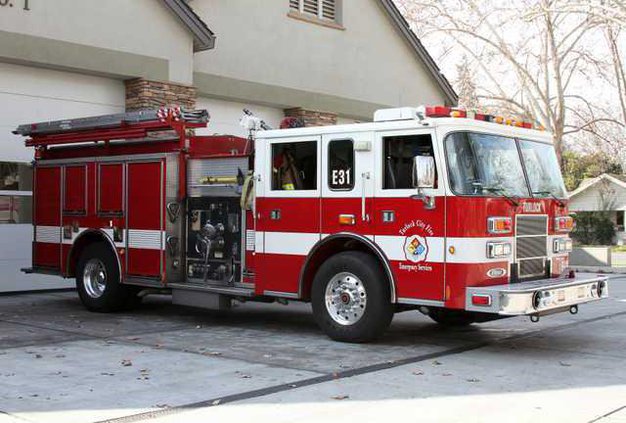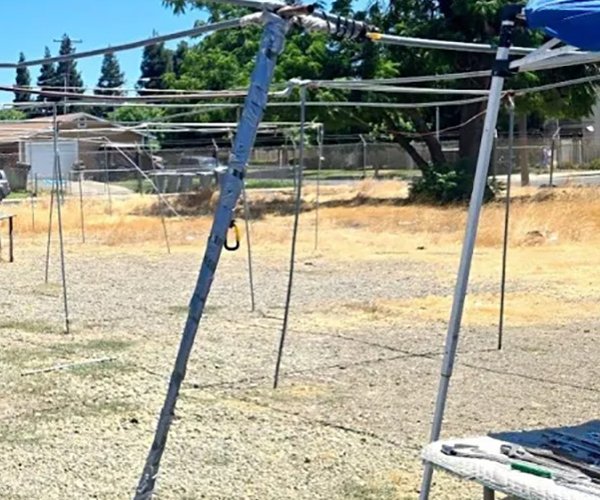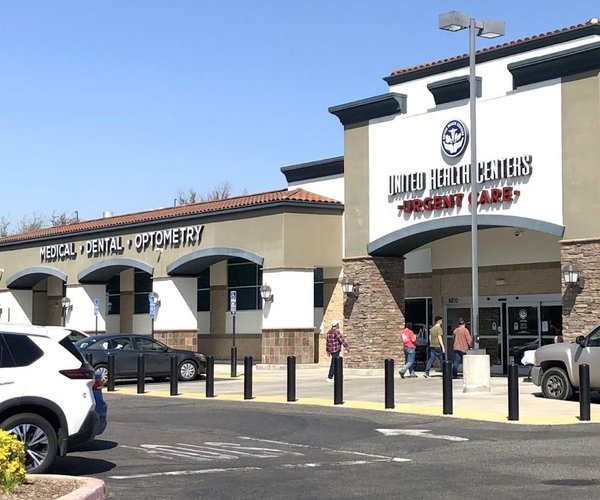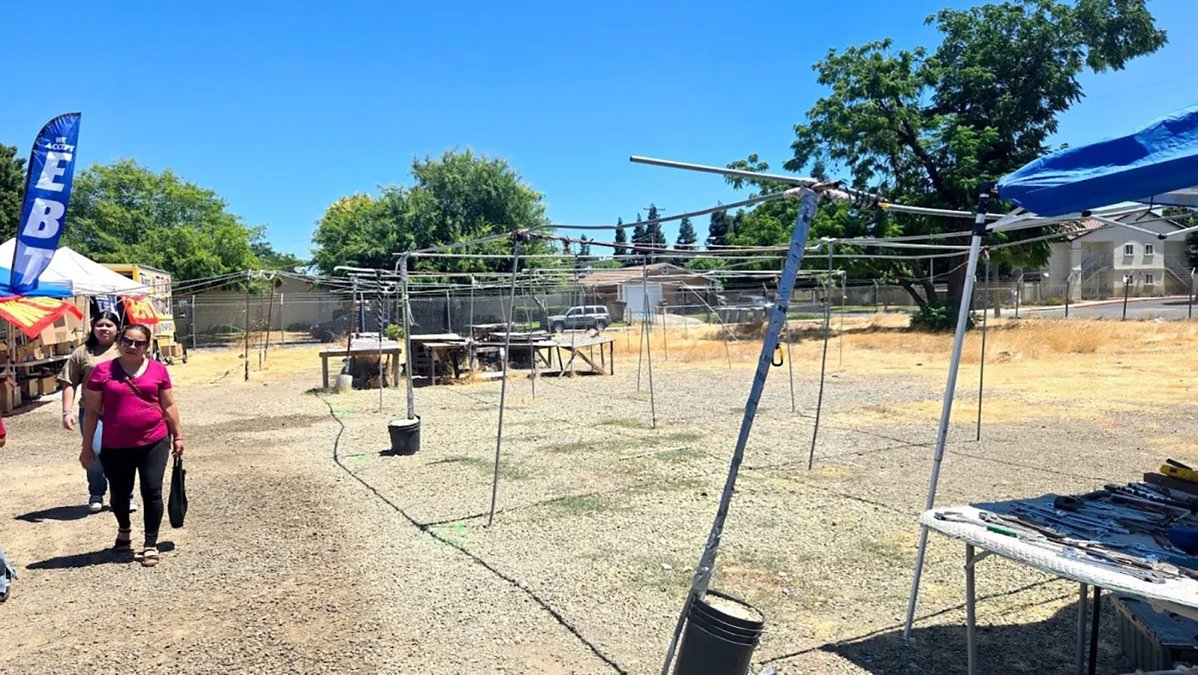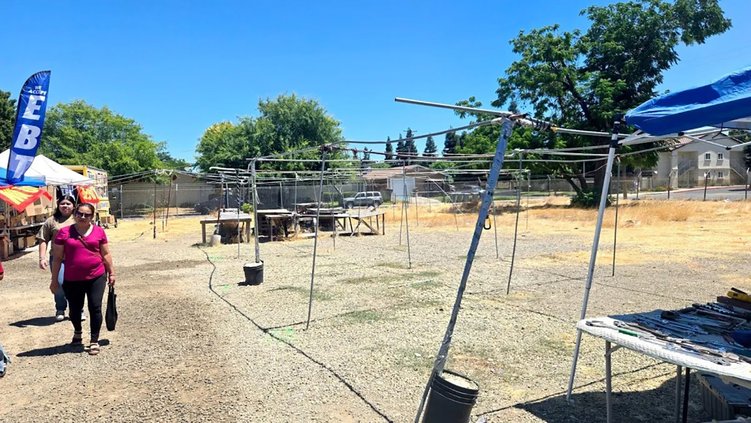A few weeks back the Turlock Fire Department got one of their most dreaded and hated 911 calls — a lifeless child.
The young boy had fallen into a pool. The first firefighters to arrive at the scene found him without a pulse and not breathing. They immediately began resuscitation efforts and rushed him to the hospital. Luckily, that child was able to walk out of the hospital happy and healthy, but Turlock firefighters warn that the next call might not have such a good outcome if a budget proposal to brown out one of the city’s fire stations comes to fruition.
“If you don’t think seconds count, I urge you to talk to that family,” Paul Arai, a Turlock Fire Engineer and President of Turlock Firefighters Local 2434 said to the Turlock City Council Tuesday night. “Browning out the stations, reducing firefighters in the city is going to have a grave effect. Fortunately for that child, it wasn’t an empty district. We were there and we responded.”
The City Manager’s Recommended Budget for Fiscal year 2019-2020 proposes substantial reductions to correct a deficit of more than $4 million. Among the cuts the budget proposal lays out is a suggestion to “brown out” one of Turlock’s four fire stations. The budget proposal doesn’t go into specifics, but a brown out typically refers to the temporary closing of a station usually on a shift by shift basis.
The city also is proposing the fire department not fill three vacant positions and postpone equipment purchases that would total around $300,000. Within all the departments, the city is looking to keep 17 positions vacant, eliminate two actively filled positions and reduce customer service hours for several departments, including Recreation, Planning, Building and Engineering.
The proposed budget also curtails an estimated $400,000 in overtime expenses for the fire department.
“Eliminating $400,000 in overtime in the fire department along with two current vacated fire positions and the third position, which will be vacated that will mean … probably about 30 percent of the time, maybe 40 percent that a fire house will be browned out,” explained Turlock City Manager Robert Lawton at Tuesday’s City Council meeting. “Now, I’m not going to presume to know what should happen or where, but I do know that management of the department is going to make sure those areas where the coverage is most sensitive will have the highest priority. But it doesn’t avoid the fact that we are going to have fewer hours available in overtime. It does not mean that a fire house will be mothballed or closed or sold. We certainly hope this is not a permanent state of affairs, but we need to provide services to all across this city.
“This is the cost of having a balanced budget,” Lawton continued.
The fire department staffs 13 personnel for each shift, which is below the industry standard set by the National Fire Protection Association for a town of Turlock’s size. The four fire stations are strategically located within the city to maximize effect and minimize response times. Station 31 is located at 540 E. Marshall St., is in District 1, and responded to 1,737 calls in 2018. Station 32 is in the city’s District 2 and is located at 791 S. Walnut Road. It responded to 1,676 calls last year. District 3 is manned by Station 33 and is located at 501 E. Monte Vista Ave. In 2018, the station responded to 1,660 calls. Station 34 is in District 4 at 2820 N. Walnut Road. The station went to 1,660 calls last year.
Closing any station, even on a temporary basis or just for a shift, will have an impact on the response times. The fire department’s annual report for 2018 stated the average time it took from the initial 911 call to the time a fire engine arrived on scene was 4:59 minutes.
The fire department currently sends two engines on the initial dispatch to all suspected CPR calls, which allows for the use of “Pit Crew CPR,” resulted in increased field saves with patients suffering heart attacks. For fires, all four engines are sent to working structure fires upon initial dispatch. If a station is browned out, it’s possible some of these practices will have to be altered.
At Tuesday’s meeting both firefighters and residents expressed their worries about a fire station brown out and how it would impact the community.
Justin Chaplin, a Turlock resident and a firefighter in a neighboring town, said it would have a ripple effect on public safety and for the firefighters themselves.
“You have a nationally recognized aggressive fire department and you want to strip them of a resource?” Chaplin asked the Council. “You’re not stripping them, you’re stripping us. You have no idea what this will do to your citizens, your community and most importantly your firefighters. The mental toll this will take on them will be devastating.”
Arai, who represents the 48 union members of Turlock Firefighters Local 2434, implored the City Council to find some other path.
“I know it’s a tough job,” Arai said to the Council. “I know the budget is what it is and it’s tough. I know you have a mountain to climb ahead of you and I don’t envy that stress and that difficulty. But please reconsider these cuts.”
The City Manager presented his proposed budget to the City Council on Tuesday, however, no action was taken. The Council is scheduled to continue budget discussions during a workshop at 4 p.m. Tuesday. The meeting will be held at City Hall, 156 S. Broadway, and is open to the public.
